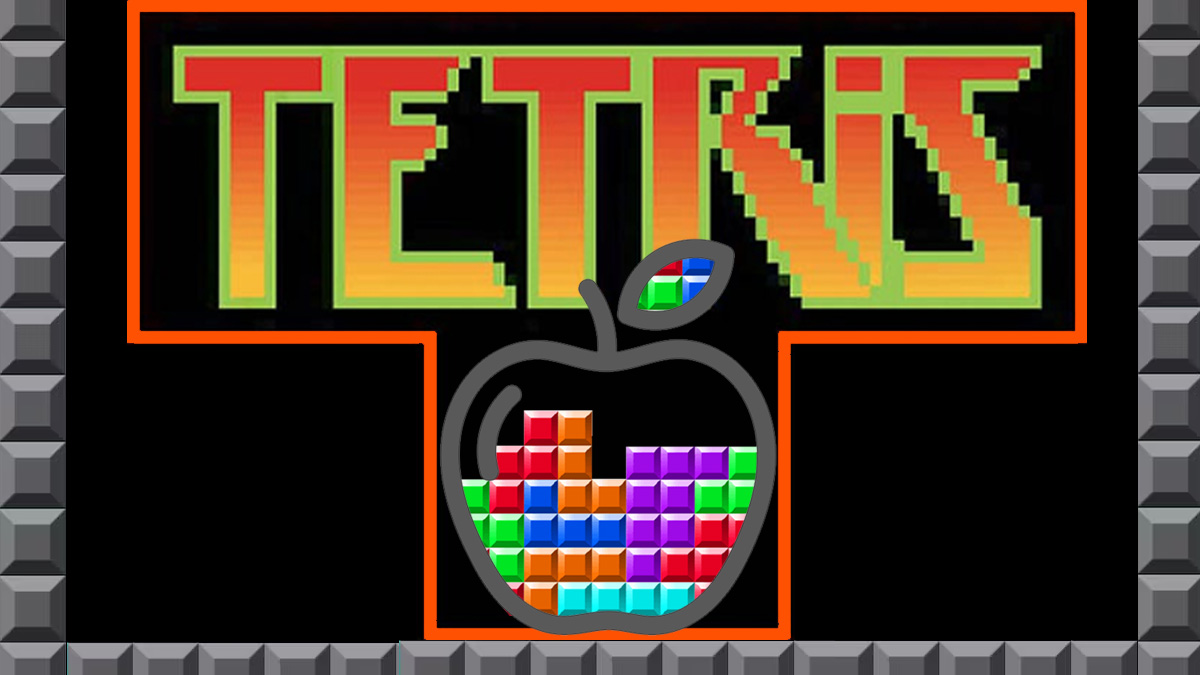Daniel Ackerman filed a lawsuit in Manhattan Federal Court Monday, accusing Apple, the Tetris company, and several others of stealing his intellectual property and adapting his novelization of the history of Tetris without his permission.
According to the court filing, Ackerman alleges that Apple took not only the idea for his 2016 novel The Tetris Effect: The Game That Hypnotized the World but in many instances “tone, approach, and scenes” as well as “specific chapters and pages” that were adopted for the film without his consent.
The lawsuit names Noah Pink – the screenwriter behind the movie, Apple for its role in distribution, Ai Productions LTD, Access Industries, Marv Studios LTD, The Tetris Company, and FB Commissioning LTD for their role as producers, and Maya Rogers – the CEO of Tetris for her role as producer and for deep involvement with the handling of the production.
Ackerman’s novel was praised for its delivery. Critics lauded it for its spy thriller setting, the exploration of Cold War politics, and the nuance when describing the global landscape of games during the era. Apple TV Plus’ Tetris is largely described the same way. Viewers praised the Cold War setting, the rich characters, and the spy thriller tones.
Within the filings, Ackerman outlines much of his writing process, from the first moments he contacted his editor about the idea to his rough outline in early 2014. The notes detailed the laborious process it took for the author to settle on Henk Rogers as “the heroic main character” as well as how Ackerman could approach the story with an “emphasis on conflict and the Cold War angle.” It would be almost a year before he would do interviews with key figures like Rogers, Alexey Pajitov, Maya Rogers, and Minotu Arakawa – all of whom were heavily featured in the movie.
Ackerman sent a copy of the finished novel to Maya Rogers, a Tetris company CEO, to review. This copy, Ackerman alleges, was given to Noah Pink, who then used it as a base for his screenplay. Pink was a relative newcomer to the entertainment industry when he was tapped for the project. The screenwriter had little work in the business beyond his role in developing the series Genius based on the 2007 novel Einstein: His Life and Universe, for National Geographic in 2017. Tetris is his second major project.
Simultaneously, Ackerman claims Maya Rogers refused to license any of the Tetris intellectual properties to Ackerman and curtailed any attempt the author made to bring his novel to the screen. After receiving a strongly worded cease and desist letter, Ackerman shelved any projects. Ackerman says that this refusal to allow him to license out his work “Constituted an economic attack” on his business and that the Tetris company made the move to ensure they could pursue the opportunities denied to Ackerman without the need to compensate him.
Ms. Rogers is named many times throughout the filing for her role – from her deep involvement with hiring Noah Pink, to her own words verifying that filming didn’t start until well after she had reviewed the manuscript for The Tetris Effect: The Game That Hypnotized the World. Ackerman claims he saw the similarities between the two works when he viewed the trailer for Tetris, but when he alerted Apple and the other defendants, they were unresponsive. After viewing the film, Ackerman was able to make a 20-point list of similarities, from lifted dialogue to tone and pacing.
For impeding on his livelihood, Ackerman isn’t asking for all that much. The author is looking for actual and compensatory damages equal to 3% of the total production budget, a number just shy of $2.5 million, and that amount again in punitive damages for a total of just under $5 million. He is also seeking compensation for the time and money he may lose during the legal process.
This is a developing story and will be updated.

